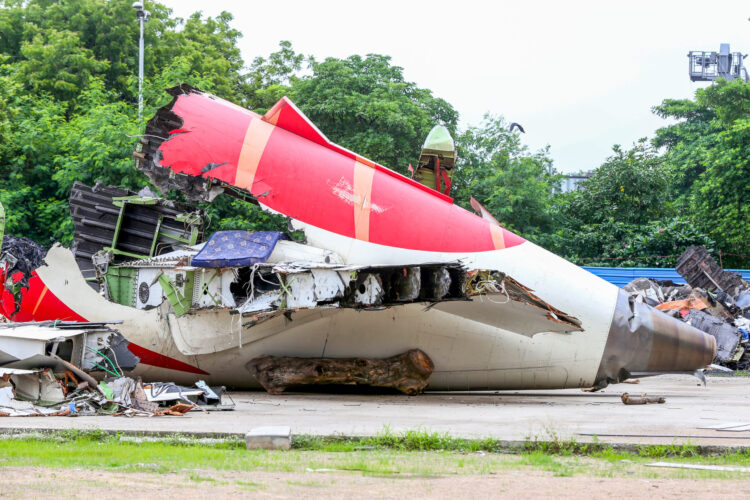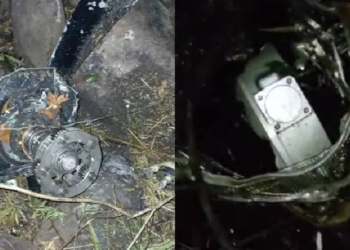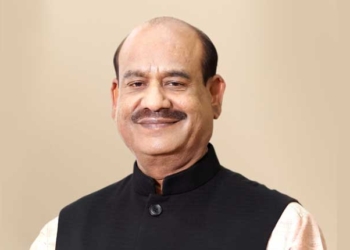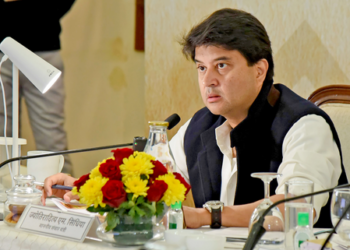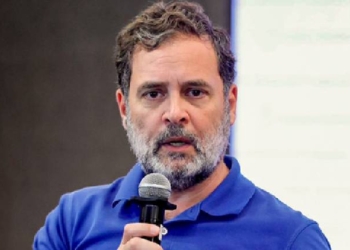New Delhi: The Supreme Court on Thursday remarked that the purpose of the inquiry into the Air India flight that crashed in Ahmedabad on June 12, claiming over 260 lives, is not to assign blame, but to ascertain the causes of the incident so that such tragedies can be prevented in the future.
A Bench of Justices Surya Kant and Joymalya Bagchi was hearing petitions filed by the family of late Captain Sumeet Sabharwal — the Pilot-in-Command of the ill-fated flight — and by the aviation safety NGO Safety Matters Foundation, which has alleged that the ongoing investigation by the Aircraft Accident Investigation Bureau (AAIB) “suffers from serious procedural infirmities” and violates the right to life and fair investigation under Article 21 of the Constitution.
Solicitor General Tushar Mehta, the second-highest law officer of the Centre, clarified that no blame had been attributed to anyone for the crash.
“There is an international convention and a structured regime under the International Civil Aviation Organisation (ICAO). Foreign representatives are also involved because some victims were from abroad. The Ministry of Civil Aviation has issued a press note that there is no blame attributed to anybody,” SG Mehta submitted.
The Justice Kant-led Bench observed that the AAIB’s role was “not for apportionment of responsibility but to clarify the cause and give recommendations to avoid such cases in future”, adding that “a supplemental government investigation may get into questions of apportionment”.
Senior advocate Gopal Sankaranarayanan, representing Captain Sabharwal’s 91-year-old father, countered that “the probe regime has not been properly followed”.
Sankaranarayanan added that the family demanded an “independent and credible” investigation.
Advocate Prashant Bhushan, appearing for Safety Matters Foundation, argued that “a serious accident that causes loss of lives requires a court of enquiry, not merely an AAIB investigation”.
Earlier, in a September hearing, the apex court had deprecated the “selective leak” of the preliminary AAIB report that had allegedly fuelled a narrative blaming pilot error, stressing that confidentiality must be maintained until the investigation is complete.
The Supreme Court had also dismissed a foreign media report suggesting pilot fault, saying, “That is nasty reporting. No one in India believes it was the pilot’s fault.”
(IANS)




